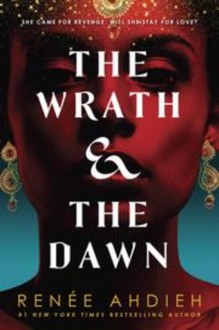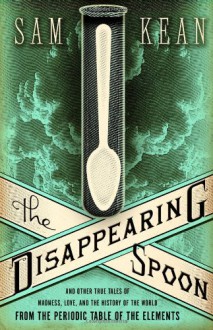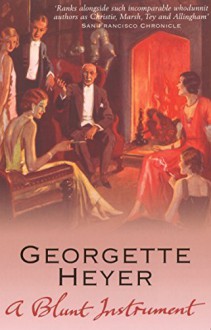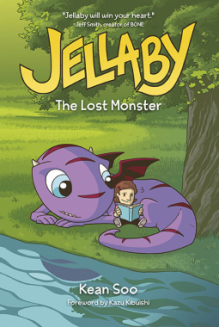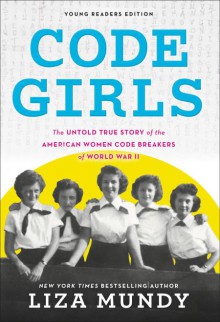Overall, 2019 was a phantastic reading year for me with decidedly more highs than lows. Of the latter, my worst reading experiences were, in no particular order:
Laura Restrepo, Hot Sur: OK, forget the "in no particular order" bit for a moment. A main character expecting me to empathize with her for siding with the psychopathic rapist of the woman she calls her best friend ... and actually trying to talk her best friend into agreeing her horrific experience was all just a "misunderstanding"? Sorrynotsorry -- just, nope. A hard DNF, and that main character deserved everything she had coming to her as a consequence.
Renée Ahdieh, The Wrath and the Dawn: Shallow, infantile in tone, and, most importantly, abominably bady researched. I didn't DNF quite as quickly as Hot Sur, but I barely made it past the 1/3 mark. I might have been marginally more understanding if it had come across as YA fantasy (which was frankly what I'd expected), but it's written as historical fiction -- and getting core historical details wrong in a book of historical fiction is just about the worst sin you can commit in my book.
Sam Kean, The Disappearing Spoon: Well, let's just say Mr. Kean is decidedly not Helen Czerski (which is NOT a good thing), and he also isn't half as funny as he apparently thinks he is. What he seems to think is humor, to me comes across as arrogance and unwarranted judgmentalism -- and his research / fact checking on everything "non-physics" is plainly abominable. Almost as importantly, his fractured narrative style and lack of clarity completely failed to translate to me his own professed enthusiasm for his subject. Another book where I never got past the initial chapters.
Georgette Heyer, A Blunt Instrument: Heyer at her worst -- clichéd, biased, snub-nosed, with one-dimensional characters and a mystery whose solution is staring you in the face virtually from page 1. I only finished it for confirmation that my guess was correct (which, dare I say "of course", it was), but it was a struggle of the sort I never experienced with Heyer before or since (and I've finished all of her mysteries in the interim).
Clarice Lispector, The Hour of the Star: I know Lispector is highly regarded, but she's obviously not for me -- I detest speech that is so deconstructed to barely make sense (even to mother tongue speakers, as it turns out); combine that with the drab narrative (if that word is even justified) of a drab character living a drab life, and you've lost me for good. It was a blessing that this is a very short book; if it hadn't been, this would have been another DNF.
(Task: The airing of grievances: Which are the five books you liked least this year – and why?)


 Log in with Facebook
Log in with Facebook 

